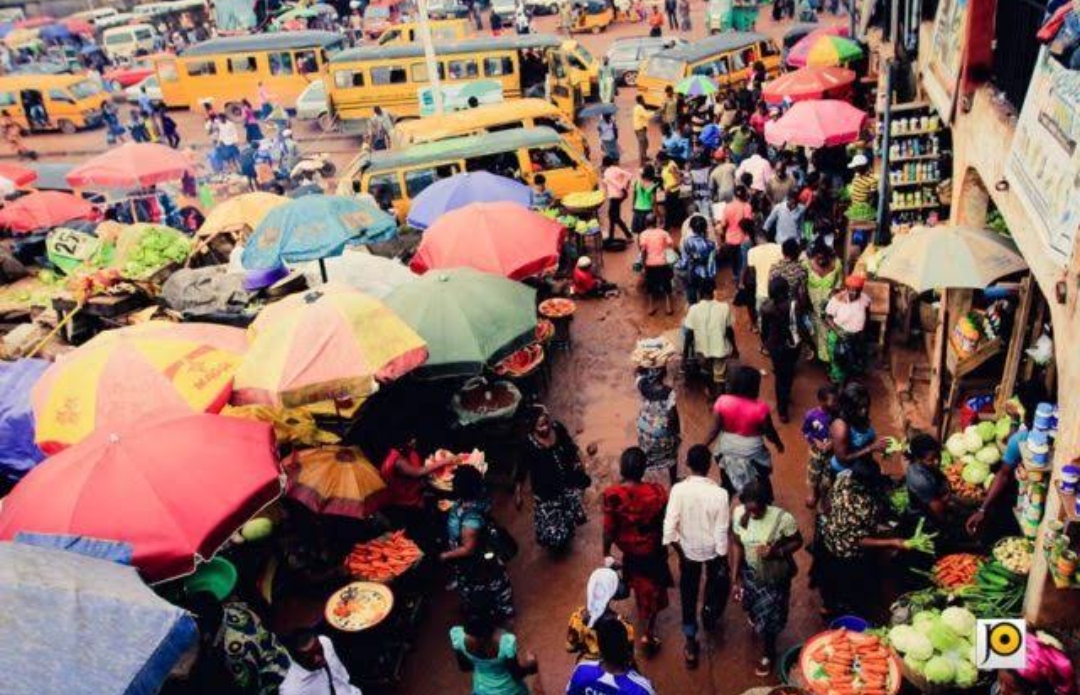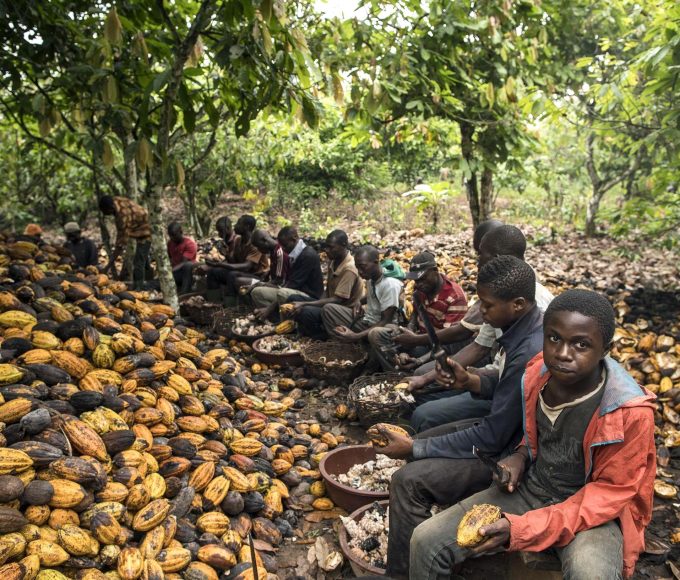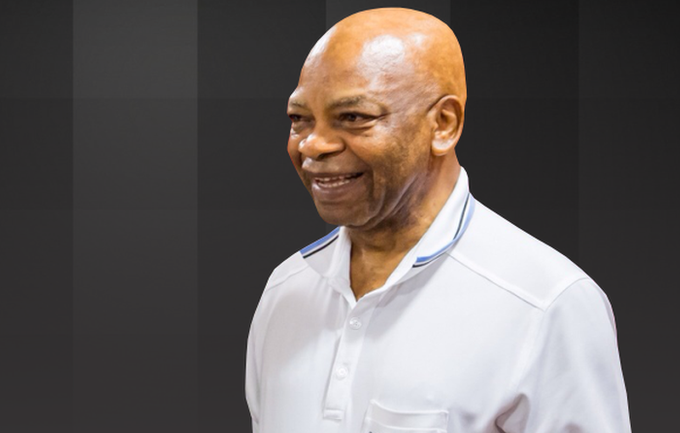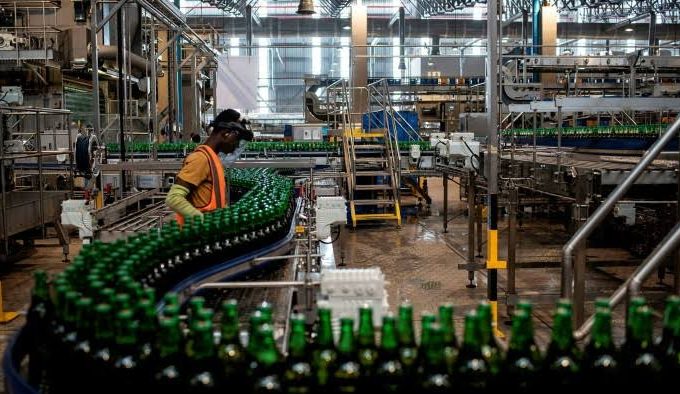
NBS Reports Lower Inflation in Nigeria, Yet Prices Remain Unchanged

Despite a slight drop in Nigeria’s inflation rate, many Nigerians have yet to experience a significant change in the cost of living. A recent market survey conducted in Ogbete Main Market, Enugu, reveals that the prices of food items and household essentials have largely remained the same as they were in May, with some increases.
This comes as the National Bureau of Statistics (NBS) announced a decrease in the country’s headline inflation rate, from 23.71 per cent in April to 22.97 per cent in May 2025. This decrease suggests a slowdown in the rate at which prices are rising, but that’s not the reality.
During a visit to Ogbete, traders reported no significant decrease in their pricing. Items such as rice, beans, garri, bread, and cooking gas were being sold at the same rates as they were a month ago. Even transportation fares remained unchanged, offering no relief to commuters.
Rice, one of the most widely consumed staples, has increased from what was attainable in May. A painter of rice sells for around ₦6,500 to ₦7,000, compared to ₦6,000 in May. Beans are priced as high as ₦150,000 per bag, while a bag of garri now goes for ₦75,000.
A few months ago, it was possible to get four fingers of plantain at ₦1000. Now, four fingers go for ₦2000 to ₦2500. “I bought this bunch of plantain for ₦25,000. This small bunch you can see here. I have to try to get my profit back, no matter how small,” Loveth Attamah explains.
For consumers, the numbers released by NBS do not reflect their everyday experiences. Many buyers say they are still struggling to keep up with their usual grocery lists.
Lagos Markets: The Story Is the Same
A parallel survey conducted in Igando and Ikotun Markets in Lagos reveals an even grimmer reality. Traders there confirm that prices are not only unchanged, but also remain stable. However, they’ve also sharply increased, especially for food and protein items.
“A basket of tomatoes was ₦28,000 last month. Now it’s between ₦45,000 and ₦50,000,” said Mama Isioma, a tomato wholesaler at Igando Market. “And customers still expect me to sell one painter for the same price? It’s not possible.”
Rice in that market has shown slight but consistent increases. Baba Hassan, a rice dealer in Ikotun, said, “I bought a bag for ₦58,000 in May. Now I buy for ₦62,000. The other kind we sell has gone from ₦68,000 to ₦70,000. The change may not be big, but it’s not stable. Tomorrow, it might go up again.”
Palm oil is also more expensive than it was just weeks ago. A bottle of palm oil, which sold for ₦1,500 in May, now ranges between ₦1,800 and ₦2,000, depending on the brand and market.
Meat and poultry sellers are not left out. A kilo of turkey, which cost ₦7,000 last month, now sells for as high as ₦9,500.
“Customers insult us when we tell them the price of meat,” said Abiodun Ayodeji, a frozen foods seller. “They say we are wicked, but the truth is: we are barely making anything. We just show up every day and hope to sell at all.”
Transportation and Fuel Prices Add to the Pressure
To make matters worse, transportation fares have remained steady but high due to fuel costs.
“Inflation did not go anywhere. Fuel is now ₦920 per litre. Just last week, it was ₦910,” lamented John Ike, a commercial tricycle rider in Enugu. “I think we’ll know inflation is truly down when the price of eggs comes down, and that is not happening.”
His frustration echoes the sentiments of many Nigerians who have long stopped relying on official inflation figures as a measure of their well-being.
“We now eat without meat. My children love beans and plantain, but that combo alone is now a luxury,” said Mrs. Gloria Okafor, a mother of four in Lagos.
The Gap Between Paper and Pocket
The growing gap between statistical reports and real-life experience is widening the frustration felt by Nigerians. While the government cites inflation data as evidence of economic recovery, the average trader and buyer continue to struggle to make ends meet.
For now, the message from the markets, both in Enugu and Lagos, is loud and clear: inflation may have decreased on paper, but in people’s pockets, it’s still rising. Until Wholesale costs, fuel prices, and supply chains become more stable and responsive, consumers are unlikely to feel any meaningful relief.
As the country grapples with economic reforms, subsidy removals, and fluctuating exchange rates, what Nigerians want is not smaller inflation numbers but smaller prices.
Read More:
- Sportsmanship: PréFaso Clinch Third Consecutive Victory Over Burkinabè Football Legends
- Nigerian Aviation Authority Grounds Rano Air’s 5N-BZY After Mid-Air Engine Failure
About The Author
Related Articles
Fire Destroys 140 Tonnes of Cotton in Western Burkina Faso
A major fire has destroyed more than 140 tonnes of cotton in...
ByWest Africa WeeklyFebruary 25, 2026Côte d’Ivoire Feeds the World’s Chocolate Industry, But When Prices Shift, Cocoa Farmers Are Left With Rotting Harvests and No Income
Côte d’Ivoire produces nearly half of the world’s cocoa, a crop that...
ByWest Africa WeeklyFebruary 18, 2026Atlas Oranto Hit by Licence Loss in Equatorial Guinea, Senegal, Venezuela
Nigerian oil magnate Arthur Eze’s company, Atlas Oranto Petroleum, is facing a...
ByWest Africa WeeklyFebruary 11, 2026Manufacturers record N1.8 trillion in unsold goods
Nigeria’s manufacturing sector is facing a deepening crisis as the value of...
ByWest Africa WeeklyFebruary 9, 2026












Leave a comment